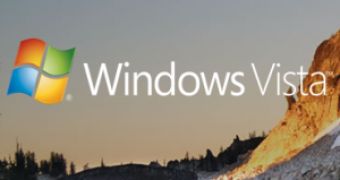There is a contradiction in Windows Vista's performances in direct relation with the amount of RAM and in comparison with Windows XP. It means that on systems with less memory, the number of times Vista will have to randomly access the disks increases while decreasing the overall performances. By running the AERO UI or the desktop window manager (DWM), or indexing your data, Windows Vista consumes a decent amount of RAM. This is synonymous with Windows XP running faster on a machine with 512 MB compared to Vista.
The contradiction I was talking about at the beginning is that Vista outperforms XP the more RAM you feed into it. This is because of the overhauled memory manager in Windows Vista. "We redesigned the memory manager in Windows Vista so that if you give the system more memory, it uses that memory much more efficiently than previous operating systems via a technique called SuperFetch -- part of Windows Vista's intelligent heuristic memory management system," said Jim Allchin, Co-President, Platform and Services Division.
"SuperFetch understands which applications you use most, and preloads these applications into memory, so your system is more responsive. SuperFetch uses an intelligent prioritization scheme. Windows Vista can also prioritize your applications over background tasks," reads a Microsoft description of SuperFetch.

 14 DAY TRIAL //
14 DAY TRIAL //